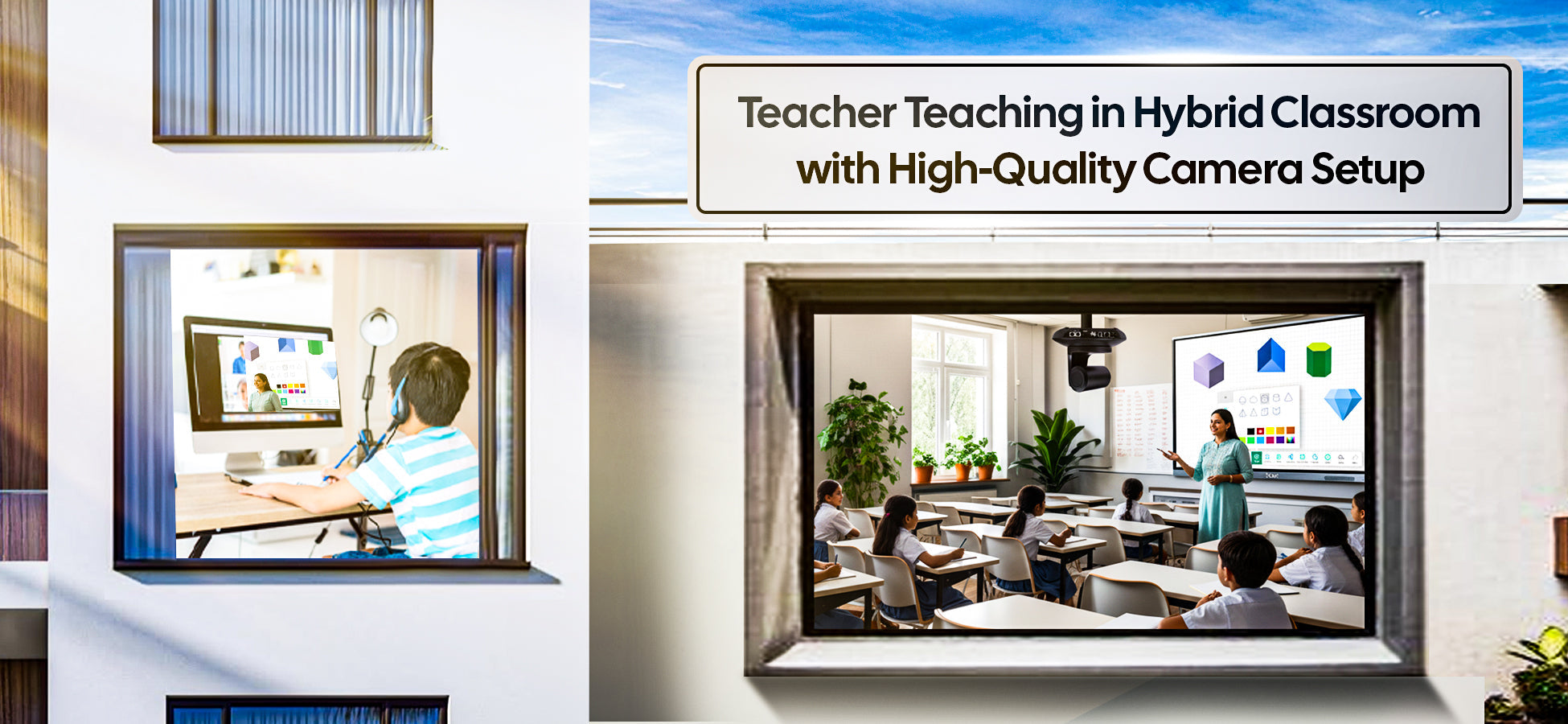Introduction
different game. Because not every novice has the opportunity to succeed, we have created a comprehensive cheat sheet to address some of the most often-asked issues by new educators as they begin their professions. It is not exhaustive, but it should give you a sense of how to handle each aspect of your new profession as a teacher.
Tips and Tricks for New Educators
Here are the tips and tricks that new educators can follow during their initial days of classes. These tips will help you in overcoming stress and be confident in the class:
Make a plan for the year
Sounds easy, doesn't it? You'd be shocked at how easy it is to become involved in the day-to-day problems of teaching and lose sight of your long-term goals with your students.
That is why you should begin planning your goal-setting strategy beforehand, while you are still enjoying the last few weeks of summer vacation. Allow yourself a week or two to examine goals and review your master list of the whole year's goals.
Learn as much as you can from other teachers
Tips and Tricks for New Educators, There will be many outstanding instructors in your school with years of expertise and knowledge. So, by listening in on talks and conversing with other educators, you're certain to have a better understanding of how to approach the classroom
Learn to strike a balance between monitoring and direct instruction
You'll inevitably come across teachers who have more experience and expertise than you, but it shouldn't make you feel bad about yourself for not being able to accomplish it all. You'll also discover that there are other ways to do a task, so try to listen in during discussions and be open-minded about new approaches and habits that have already been developed.
Your students will react to various learning approaches, and they will need to learn how to work independently, in groups, one-on-one with you, and in other settings. Consider how you will change up your teaching approaches and styles while designing your monthly and year-long curricular ideas. This advice for first-year instructors can assist in keeping your student's brains sharp and increase their capacity to work and learn in a variety of settings
.Recognize your own strengths
There are several approaches to working with students, so it is critical to understand your own strengths and shortcomings. The finest instructors understand how their skills fit within the classroom community and use this information to avoid falling behind in the classroom
New instructors can improve their classroom instruction by trying various strategies that match their inherent skills. You'll be able to recognize these talents if you know where you excel and what topics interest you the most.Address misconduct as soon as feasible and as properly as possible
Tips and Tricks for New Educators
The last thing you want to do is attempt to be the 'cool' instructor by allowing improper behavior to continue. This is one of the most important pieces of advice for first-year instructors. It creates a negative precedent and just serves to prolong the behavior until it becomes out of control. If this occurs, your principal will most certainly hold you liable for failing to recognize and address the issue, not to mention the impact on classroom management. That is why you must be proactive in resolving classroom behavior issues as soon as feasible. You must also ensure that the most appropriate solution is used. That is why it is critical to grasp your school's discipline policies and recommended tactics.Take some time for yourself
It is critical for new instructors not to burn out in the first few weeks or months of their careers. Because you don't have all of the skills you need to succeed in the first few weeks, it's critical to schedule time for yourself on a regular basis
Be compassionate and understanding
Students of all ages are going through mental growth, which may be both demanding and stressful. When approaching your students, teaching them, and especially disciplining them, remember to put yourself in their shoes. They are depending on you to assist them in developing critical thinking and interpersonal skills. When you demonstrate to a child that you care about them and take the time to understand where they are coming from, you will gain their respect. It will also aid in the development of trust, as kids will know they can turn to you for assistance and mentoring when they require it.
Conclusion
Some elements of being a teacher will take some time to get used to, just as other aspects of your whole career path. However, it is critical not to disregard this vital component of any educational profession since it is what makes teaching fascinating and interesting.
We at Edusquadz make it simple for new educators to build their online tutoring business using technology along with providing them with all the necessary equipment.



